Why getting ethnic names right matters
Growing up in America with an ethnic name means you constantly have to be ready to give up some part of your heritage to make yourself more palatable to schools, jobs or even just people you meet in passing. I’ve learned to accept that my name is hard to pronounce and that sometimes people will not even try. I learned in high school that when a substitute teacher pauses in confusion when taking attendance, they probably saw my name. I learned that my name is interchangeable with other Indian names and that I am consequently interchangeable with other Indian people.
People of color in America often face the fact that their names are hard to pronounce. Either your parents give you a Westernized name, making it easier to assimilate, or you are doomed to a lifetime of correcting, recorrecting and then eventually letting it go. I’ve had teachers tell me to just “get used to it” when they mispronounce my name after months of me being in their class. I’ve had people, as recently as a week before writing this article, call me the name of other brown girls, regardless of if we look anything alike or not. My name is hard to pronounce, and therefore some people simply do not put in the effort to learn it and associate it with me.
The inability to pronounce non-Western names is not inherently bad. People make mistakes and no one is born with the ability to pronounce all words with ease. It is when the mispronunciations and the misidentifications become a habit that they become indicative of much more implicit discrimination. People with these names are constantly made to feel like outsiders. Their names constantly mark them as “others,” reminding themselves and everyone around them that they are different, a perpetual foreigner. The constant reminders of “otherness” can have a heavy toll on mental health, as we either have to change our names, letting go of a piece of our culture and family history just to make things easier, or resign ourselves to a lifetime of our names being butchered in the mouths of people who can’t seem to find the effort to learn how to say it.
The challenges don’t stop at mental health. One study found that individuals with “Black-sounding names” were 10% less likely to get called back for job interviews than their white counterparts. A separate study found that job applicants with names of Indian, Pakistani or Chinese origin were 28% less likely to get called back for interviews than applicants with Western names. Our names mark us as different from the very first impression, stopping us from even getting our foot in the door: names carry culture, and with that culture comes biases regarding work ethic, personality or intellectual ability that actively limit success.
And even once we are accepted into these institutions, our names will always mark us as different. When a teacher refuses to learn your name, you instantly feel like an outsider in a place you have every right to be in. When someone at your university calls you the name of another South Asian girl — even though we are two separate individuals with no physical similarities save for skin tone — you are acutely reminded that there will always be people who make these mistakes and do not care to learn the name behind the individual. We are faced with microaggressions, which can fall anywhere from indifference to learning names to making fun of the pronunciations.
Again, mistakes do happen. There is no harm in asking for the correct pronunciation or making an active effort to try and say unfamiliar names the right way; however, it is easy for the mistakes to turn into indifference, for ethnic names to become the butt of the joke. It is important to be intentional in identifying and pronouncing non-Western names. We are not interchangeable and we do not exist to be palatable to those who cannot take the time to comprehend names or cultures outside of their own. It is time for people to move past what comes easily and start making an effort to respect the heritage and validity of non-Western names.
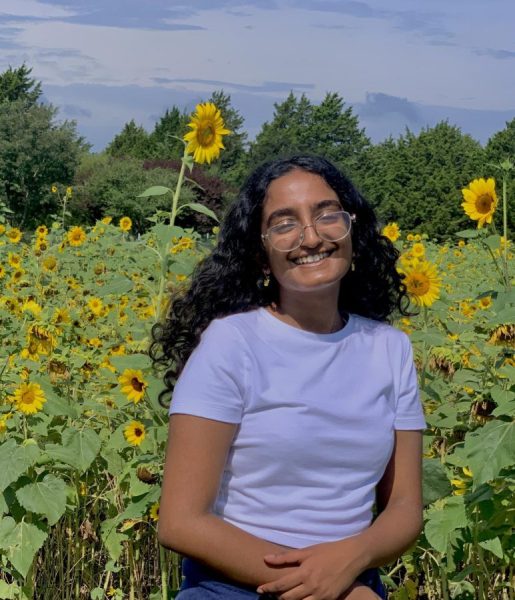
My name is Ashwini Vivek (she/her) and I am an Opinion Writer for the Trinitonian! I am a senior Neuroscience major from Dallas, and I'm also involved...

My name is Michaela Bosco. I am a sophomore double majoring in Art and Communications as well as minoring in New Media. In my free time, I enjoy drawing,...

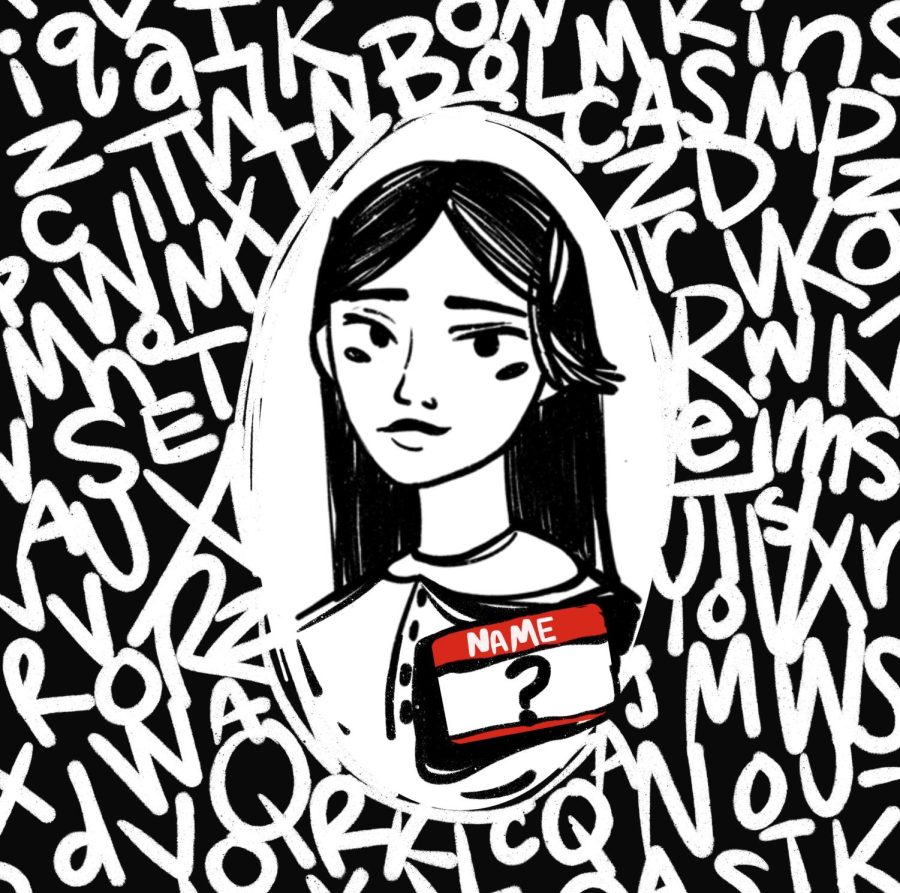




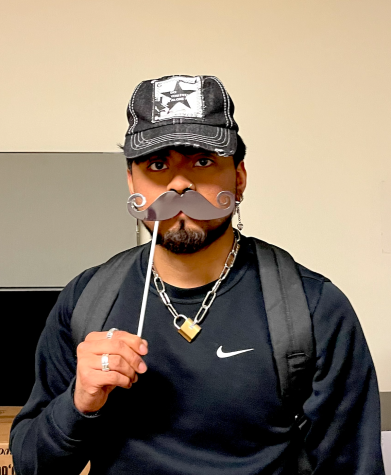

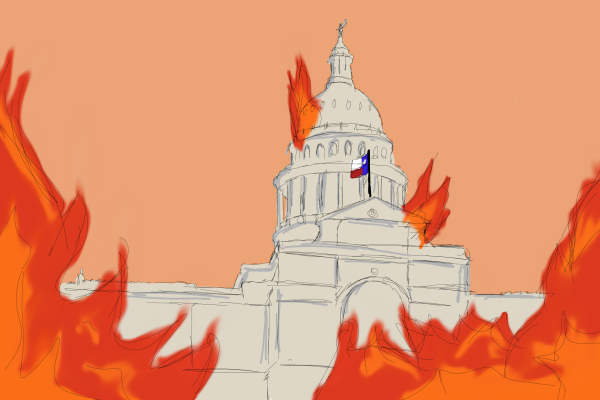

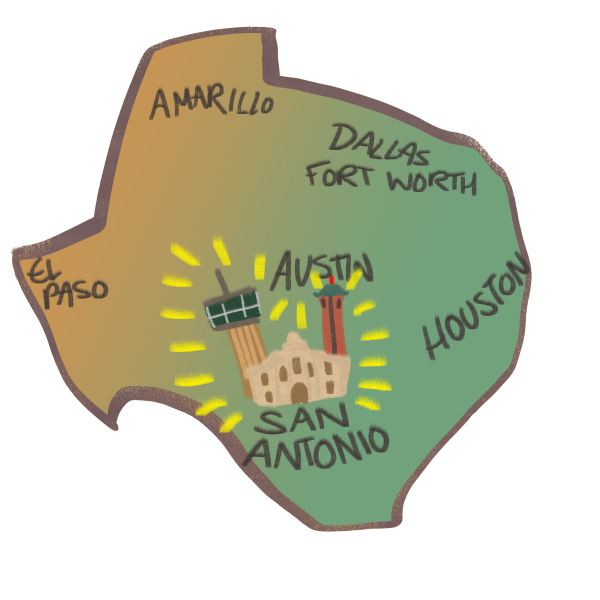


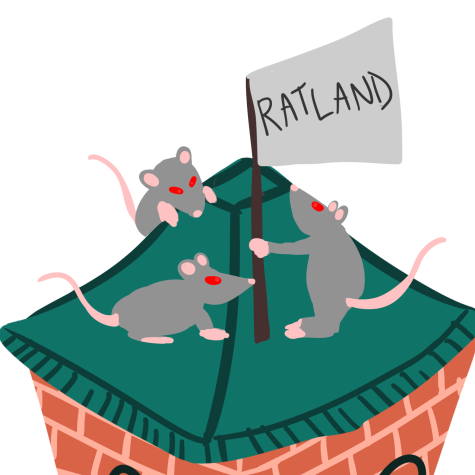

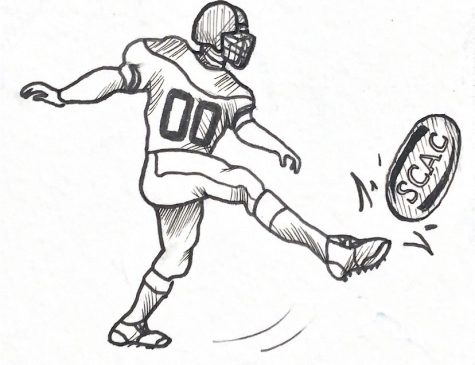
YKD • Oct 21, 2022 at 8:15 am
Ignore the ignorant 🙂
You have a beautiful name, Ashwini!